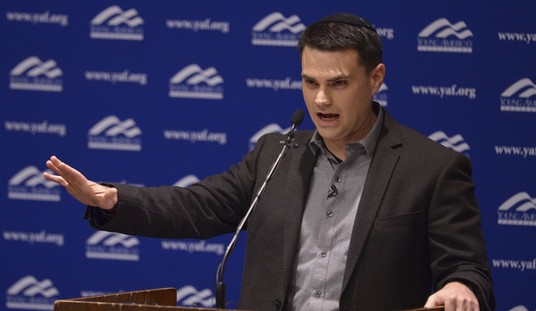Last weekend 70 people were shot in Chicago and 12 of them died from their injuries. Monday, Police Superintendent David Brown gave a press conference saying the problem wasn’t the efforts of police officers but the decisions made by courts.
“Officers are running toward danger, each and every day they are risking their lives for the people of Chicago,” Brown said. “The officers shot at over night I believe were the 36th and 37th officers shot at or shot this year,” he added.
Having made that point about the bravery of his officers Sup. Brown then added one more comment: “Violent offenders need more serious consequences in our courts. And I would encourage media, journalists to use the same energy when you obviously confront all of us every Monday…be as adversarial to the courts.
“There is documentation from journalists in this city that violent offenders are being released back to these communities that are seeing violence…Over 90 people charged with murder have been released back on electronic monitoring. I would encourage you in media to sit in bond court and see the violent offenders being released back into community each and every day.”
Brown was referring specifically to this editorial published by the Chicago Tribune in May. It points out that thanks to proponents of criminal justice reform, including Chief Judge Timothy Evans, thousands of people charged with violent crimes are now being released the day they are arrested with an ankle monitor.
“There’s a population on home monitoring that was never meant to be on it, including 92 or 93 who are charged with murder,” [Sheriff Tom Dart] told us. “I’ve been pleading with judges. These are violent people who are a danger to the community. We can’t keep doing this.”
Defendants on the electronic monitoring system as of May 17 include:
- 94 individuals charged with murder. Four years ago, that number was 31.
- 261 individuals charged as armed habitual criminals — meaning, at least two prior felony convictions. Four years ago, that number was 15.
- 534 individuals charged as felons in possession of a weapon. Four years ago, that number was 89.
- 569 individuals charged with aggravated unlawful use of a weapon. Four years ago, that number was 182.
- 33 individuals charged with vehicular hijacking. Four years ago, that number was six.
- 53 individuals charged with domestic battery. Four years ago, that number was 13.
Chief Judge Evans argues that only a tiny fraction of people released on bond commit another crime while awaiting trial. But the Tribune analyzed the data and found some problems with it. They summarized their findings in this chart:


Brown said police were doing all they can do:
“What can Chicago police officers do? They can continue to be brave and courageous, committed and dedicated in arresting violent offenders,” Brown said. “My question to you is, what the courts can do different rather than release violent people back to these communities to create an environment of lawlessness.”
Brown continued to shift the focus away from what police can or should be doing, instead blaming the courts, which have been the source of his frustration and finger pointing all summer.
“We can only arrest violent offenders and we’re doing it at the highest level historically in the Chicago Police Department’s history,” Brown said.
The argument Sup. Brown is making is nearly identical to the one that DC Police Chief Robert Contee made just last week. “The real issue is, we have a viscous cycle of bad actors who do things, no accountability and they end up back in community,” Chief Contee said. He added, “You cannot coddle violent criminals. You cannot. You can not treat violent criminals who are out here making communities unsafe for you.”
Here’s Sup. Brown’s full statement from yesterday.








Join the conversation as a VIP Member